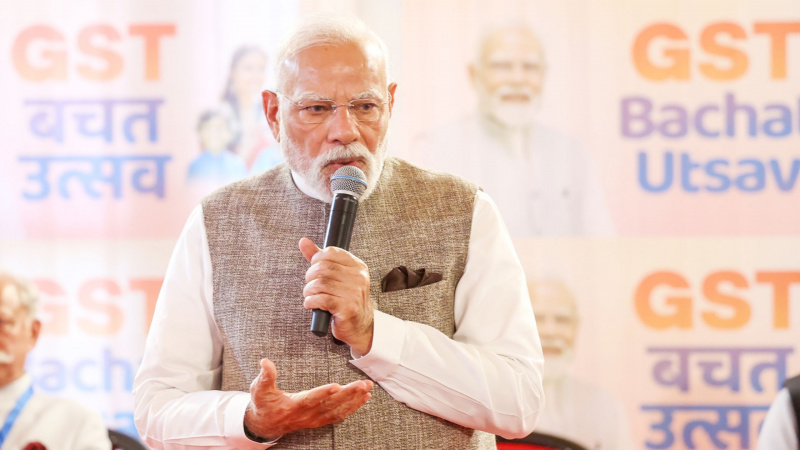The Rising Era Of MicroInfluencers
Globally, influencer marketing platforms maintain a database of millions of influencers. In India, that figure is a few thousand since influencer marketing is
- by Manmeet Kaur Tura 2019-08-06 04:51:38
There are so many accounts on Social Media with the most followers which are usually celebrities - actors, sportspeople, musicians etc. Brands began to see potential in these influencers and began to work with them on digital ad campaigns to increase brand awareness, reach and engagement. Since so many influencers now inhabit social media, they are broadly classified into two categories - macro and micro-influencers. Specialized agencies came up whose job is to connect the right influencer with the right brand. Globally, the most popular influencer marketing agencies include Famebit, Upfluence, Hypr, and Trendkite. In India, names like Blogweet, Winkl, Scrunch, Pulpkey, and Viral Vagon are popular.
Globally, influencer marketing platforms maintain a database of millions of influencers. In India, that figure is a few thousand since influencer marketing is a relatively new concept. Within this niche, we noticed that brands were keen on working with micro-influencers.
So who is a micro-influencer? Typically, a user who has a following in the range of 500-25,000 followers and specializes in the creation of a specific type of content in specific segments like travel, fitness, pet health, music etc.
These users are not celebrities or sportspeople, but they have amassed a following by creating content that caters to a particular niche audience. To understand the phenomenon of marketing using micro-influencers, we spoke to some industry experts...
We reached out to Rahul Singh, CEO, Winkl who informed us that the platform currently hosts approximately 7000 creators who reach out to an audience of about 40 million users across India. The platform has worked with brands such as Curefit and Flipkart. He tells us that mostly, brands that are looking to reach out to the end consumer (not B2B brands) typically invest in influencer marketing. Singh cites the example of brands in categories like fashion, lifestyle, travel, and even banking (ICICI Bank, Yes Bank) engaging with micro-influencers for their marketing campaigns.
Read more: Why Tech Startups Need Their Trademark Registered
POPULAR POSTS
The Agentic Revolution: Why Salesforce Is Betting Its Future on AI Agents
by Shan, 2025-11-05 10:29:23
OpenAI Offers ChatGPT Go Free in India: What’s Behind This Big AI Giveaway?
by Shan, 2025-10-28 12:19:11
Zoho Products: Complete List, Launch Years, and What Each One Does
by Shan, 2025-10-13 12:11:43
Arattai vs WhatsApp: Which Messaging App Should You Choose in 2025?
by Shan, 2025-10-10 11:55:06
Top Buy Now Pay Later (BNPL) Apps for Easy Shopping in 2025
by Shan, 2025-09-22 10:56:23
iPhone 17 Sale in India Begins: Full Price List, Launch Offers and Store Availability
by Shan, 2025-09-19 12:00:45
Apple September 2025 Event Recap: iPhone 17, iPhone Air, Apple Watch Series 11, and India Pricing Revealed
by Shan, 2025-09-10 09:55:45
RECENTLY PUBLISHED

Loan EMIs to Drop as RBI Slashes Repo Rate - Full MPC December 2025 Highlights
- by Shan, 2025-12-05 11:49:44

Pine Labs IPO 2025: Listing Date, Grey Market Premium, and Expert Outlook
- by Shan, 2025-11-05 09:57:07

Top 10 Insurance Companies in India 2026: Life, Health, and General Insurance Leaders Explained
- by Shan, 2025-10-30 10:06:42

Best Silver Investment Platforms for 2025: From CFDs to Digital Vaults Explained
- by Shan, 2025-10-23 12:22:46

Zoho Mail vs Gmail (2025): Which Email Platform Is Best for Businesses, Startups, and Students?
- by Shan, 2025-10-09 12:17:26

PM Modi Launches GST Bachat Utsav: Lower Taxes, More Savings for Every Indian Household
- by Shan, 2025-09-24 12:20:59




 Subscribe now
Subscribe now 